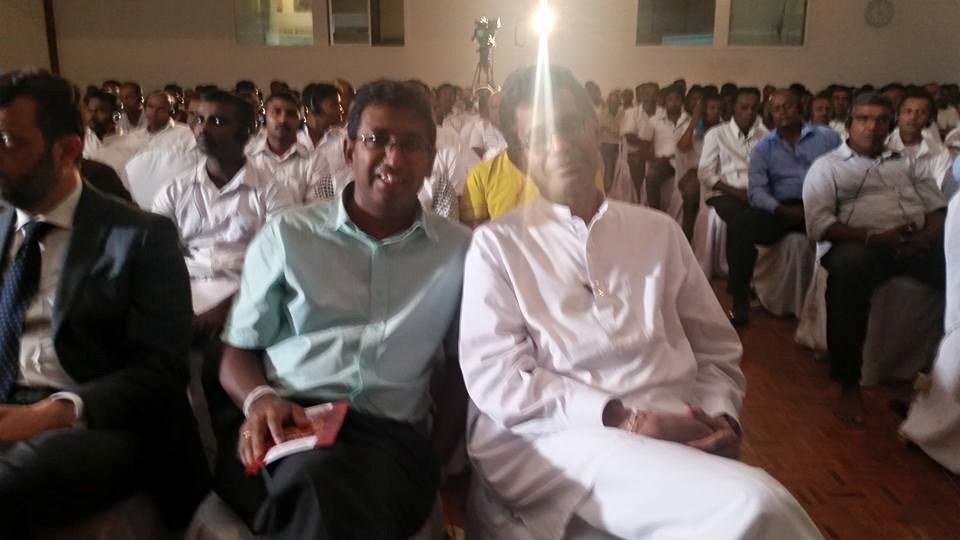Social Market Economy: Does It Provide A Solution For Sri Lanka?
By Sumanasiri Liyanage –August 3, 2015

I think it is for the first time that the idea of social market economy is introduced into the Sri Lankan election discourse. Champika Ranawakaappears to have borrowed the concept of social market economy (SME) from Dr. Harsha de Silva and used it as it was his invention for the purpose of portraying the economic policy framework of the future UNFGG government for the next five years. As far as I know, the concept of social market economy has never been discussed in serious manner in Sri Lanka. In the early 1990s, a seminar was held at the Colombo Hilton in which a German professor had outlined the concept SME as it had been practiced in Germany especially in the post World War 2 period. What is social market economy? What are the main characteristics of the SME? How does it differ from Anglo-American notion of market economy? What the exact role the state plays in the SME? These are the sort of issues I intend to address in this article.
A brief history would not be out of order in contextualizing the concept of SME. Although the concept was theoretically advanced in the 1930s, one may even suggest that some of the features of SME were put into practice during the Bismarck regime in Germany in the late 19th century. Bismarck introduced a universal social insurance scheme in response to the increasing popularity and influence of the social democratic party in Germany. The following description by Wikipedia gives a fairly correct account of the SME as it was later advanced by Müller-Armack in the 1930s:
 “Social market economies aim to combine free initiative and social progress on the basis of a competitive economy. The social market economy is opposed to laissez-faire policies and to socialist economic systems and combines private enterprise with regulation and state intervention to establish fair competition, maintaining a balance between a high rate of economic growth, low inflation, low levels of unemployment, good working conditions, social welfare, and public services.”
“Social market economies aim to combine free initiative and social progress on the basis of a competitive economy. The social market economy is opposed to laissez-faire policies and to socialist economic systems and combines private enterprise with regulation and state intervention to establish fair competition, maintaining a balance between a high rate of economic growth, low inflation, low levels of unemployment, good working conditions, social welfare, and public services.”
Wikipedia further explains: “The social market economy refrains from attempts to plan and guide production, the workforce, or sales, but it does support planned efforts to influence the economy through the organic means of a comprehensive economic policy coupled with flexible adaptation to market studies. Effectively combining monetary, credit, trade, tax, customs, investment, and social policies, as well as other measures, this type of economic policy creates an economy that serves the welfare and needs of the entire population, thereby fulfilling its ultimate goal.” Read More

